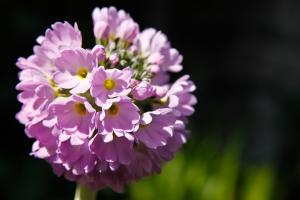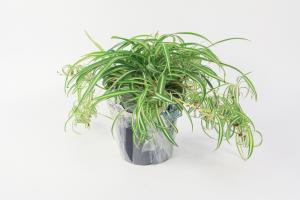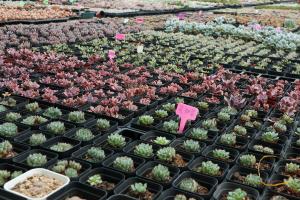Is Eating Aloe Vera Plant Good for You?
Aloe vera is a succulent plant that has been used for medicinal purposes for thousands of years. It is known for its cooling, soothing, and healing properties, which is why it is often used in skincare and beauty products. However, aloe vera is not only beneficial when applied topically, but it can also be consumed. In recent years, there has been a growing trend of people eating aloe vera, but is it actually good for you? Let's take a closer look at the potential health benefits and risks of consuming aloe vera.
Potential Health Benefits of Eating Aloe Vera
1. Digestive Health - Aloe vera contains compounds that can help promote digestive health. It has been shown to reduce constipation, relieve irritable bowel syndrome (IBS) symptoms, and reduce inflammation in the gut.
2. Immune System Support - Aloe vera is rich in antioxidants and has antibacterial and antiviral properties, which can help support the immune system and protect against illnesses.
3. Heart Health - Aloe vera has been found to have cholesterol-lowering effects, which can help improve heart health and reduce the risk of heart disease.
Potential Risks of Eating Aloe Vera
1. Gastrointestinal Issues - While aloe vera can provide digestive benefits, consuming too much can lead to gastrointestinal issues such as diarrhea and stomach cramps.
2. Allergic Reactions - Some people may be allergic to aloe vera and may experience itching, rash, or hives after consuming it.
3. Toxicity - Aloe vera contains a compound called aloin, which can be toxic in high doses. Consuming large amounts of aloe vera can lead to kidney damage, electrolyte imbalances, and other serious health issues.
How to Safely Consume Aloe Vera
If you want to try consuming aloe vera, it's important to do so safely. Here are a few tips:
1. Choose mature leaves - Younger leaves of the aloe vera plant contain higher levels of aloin, so it's best to choose mature leaves for consumption.
2. Remove the latex - Before consuming the gel inside the plant, remove the latex layer as it contains aloin and can be a laxative.
3. Start with small amounts - Begin by consuming small amounts of aloe vera gel and gradually work your way up. This can help reduce the risk of gastrointestinal issues.
4. Consult a doctor - If you have any health concerns or are taking medications, it's important to consult with a doctor before consuming aloe vera.
Conclusion
Eating aloe vera can provide potential health benefits, including digestive health, immune system support, and heart health. However, it's important to consume it safely and in moderation to avoid potential risks such as gastrointestinal issues, allergic reactions, and toxicity. As with any new dietary changes, it's always best to consult with a doctor first to ensure that it's safe for you to consume.

 how many times do yo...
how many times do yo... how many planted tre...
how many planted tre... how many pine trees ...
how many pine trees ... how many pecan trees...
how many pecan trees... how many plants comp...
how many plants comp... how many plants can ...
how many plants can ... how many plants and ...
how many plants and ... how many pepper plan...
how many pepper plan...





























